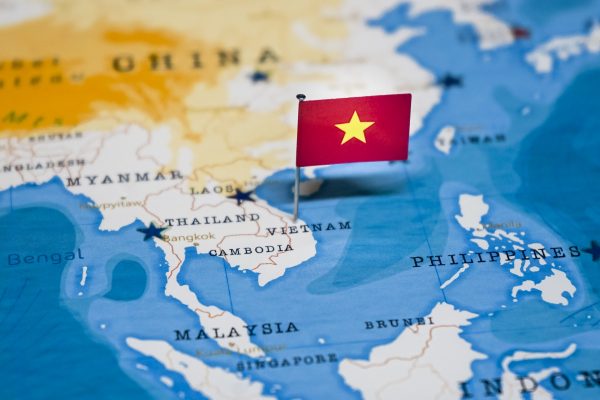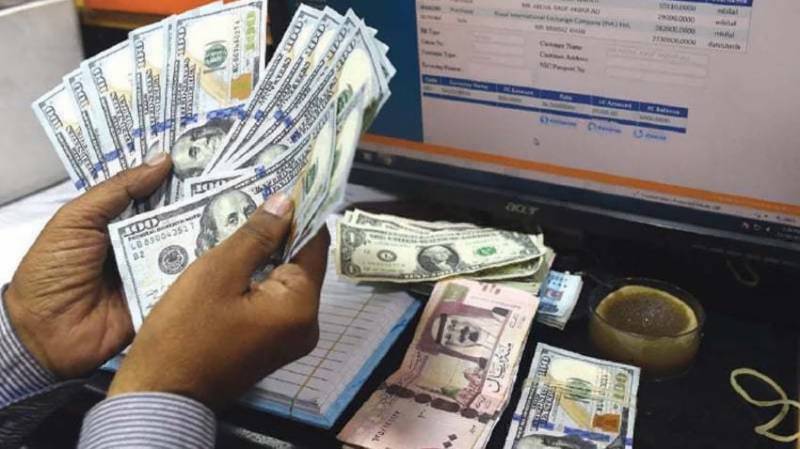Copyright thediplomat

On October 25-26, Vietnam collaborated with the United Nations Office on Drugs and Crime (UNODC) to host the signing ceremony of the Hanoi Convention, formally known as the U.N. Convention Against Cybercrime. The event marked two “firsts” for the country: the first time a U.N. treaty signing ceremony took place in Vietnam and the first time a global multilateral treaty has been named after a location in Vietnam. It was a milestone both for global efforts to combat transnational cybercriminal activities and for Vietnam’s international diplomatic profile. Since the late 2010s, Vietnam has been widely recognized as a regional middle power by scholars and think tanks. Vietnam’s diplomatic activism surrounding the Hanoi Convention suggests something more: the country is now becoming a global middle power with a distinctive identity and a clear preference for inclusive multilateralism. From the moment the U.N. launched negotiations for a comprehensive cybercrime treaty in 2019, Vietnam engaged proactively in the process. Between 2022 and 2024, an inter-agency delegation led by the Ministry of Public Security and the Ministry of Foreign Affairs participated in all eight of the treaty’s rounds of negotiation. Vietnam sought to shape the rules in ways that protected both its own interests and advanced the common good. It coordinated negotiations on several key provisions and successfully advocated for the inclusion of fundamental principles, such as respect for national sovereignty, non-interference in internal affairs, and adherence to international law. At the same time, it pushed for provisions supporting capacity-building and technical assistance for less technologically advanced nations. Vietnam also served as coordinator and facilitator for drafting specific chapters and provisions at various stages. In addition, the country hosted multiple international workshops that brought together experts from the U.N. Development Programme, World Health Organization, and UNODC, helping to refine the content of the treaty. These efforts contributed to the adoption of the treaty by consensus at the U.N. General Assembly on December 24, 2024 (Resolution 79/243), establishing a global legal framework for countries to collaborate on preventing and prosecuting cross-border cybercrimes. In the last three months of 2024, Vietnam lobbied the U.N. and member states, especially nations influential in cyber technology, for Hanoi to be selected as the venue for the signing ceremony, thereby associating the capital’s name with the treaty. The fact that Vietnam could rally support from a wide array of countries for both the treaty text and the hosting of the signing ceremony attests to Hanoi’s growing diplomatic profile. Through this achievement, Vietnam has solidified its middle power status in three notable respects. First, combating cybercrimes has emerged as a niche area of diplomatic focus for the country. Vietnam’s niche diplomacy has traditionally concentrated on the South China Sea dispute and Mekong water security, both of which are primarily regional security concerns. By assuming a leadership role on cybersecurity, a challenge that is simultaneously regional and global, Vietnam demonstrates its willingness and capacity to take on broader international responsibilities. During the negotiation process of the U.N. cybercrime treaty, Vietnam spoke from its experience as a country that understands both the challenges of and the pathways toward improvement. Facing substantial and growing cyber risks, Vietnam has prioritized combating cybercrimes within its national security policy. The government has been proactively formulating domestic policies and developing tools to meet international standards on cybersecurity. These efforts have significantly enhanced the country’s readiness in combating cyber threats. In an interview with Vietnamese state media, U.N. Secretary-General Antonio Guterres observed that Vietnam now possesses the capacity and expertise necessary to address global cybersecurity challenges. Second, Vietnam’s middle power identity has been further consolidated. The country has long cultivated the image of a good international citizen: a friend to all nations, a peace-loving country, and a reliable member of the international community. This national branding was reinforced not only through its bridging and convening roles but also symbolically through the location of the signing ceremony: Hanoi, which UNESCO named “City for Peace” in 1999. Third, Vietnam’s middle-power status functions within and promotes U.N.-centered multilateralism. By championing a U.N.-led framework on cybercrime and working closely with U.N. agencies from the beginning, Vietnam worked to reinforce the centrality of the U.N. in global rule-making. Vietnam’s conduct during the negotiation process underscores its preference for inclusive multilateralism. Cybercrime governance is an arena where major powers often hold competing visions, which became evident during the negotiation. Vietnam navigated this terrain by emphasizing universal principles and common ground, avoiding alignment with any single bloc’s agenda, a pattern consistent with its current form of “bamboo diplomacy.” A UNODC official praised Vietnam’s “constructive, inclusive, and responsible role” throughout the talks, noting how it intervened at moments of stalemate to help narrow divisions and build consensus. The Hanoi Convention, in many respects, represents a middle power moment for Vietnam. The challenge ahead is sustaining that momentum in a world of eroding multilateralism and intensifying great power rivalry in cyberspace and beyond.



